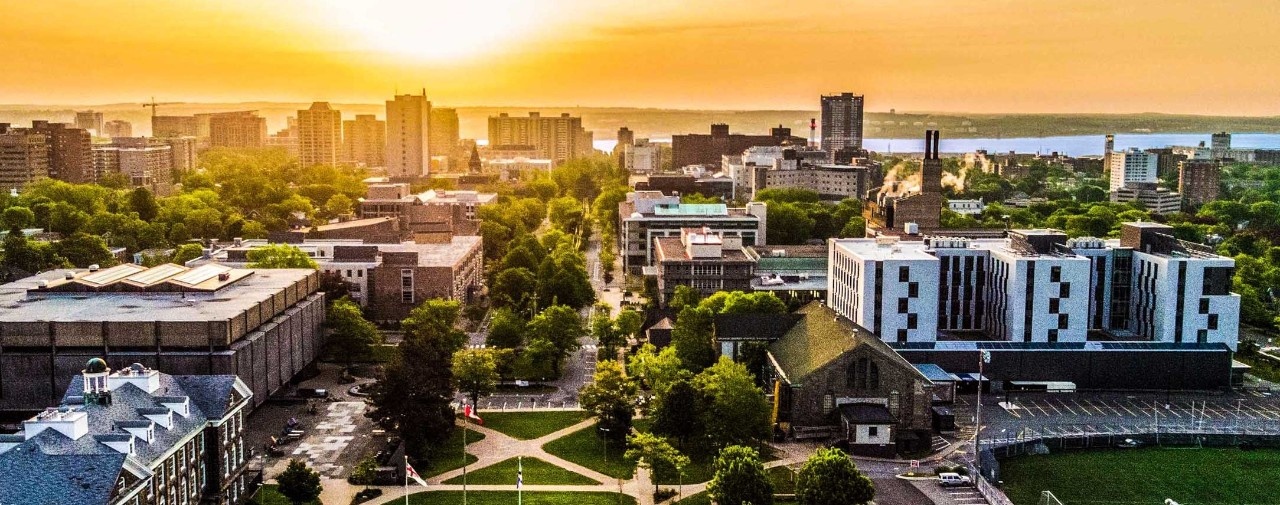International Medical Graduates (IMGs)
Requirements for residency training at Dalhousie
The following 6 requirements for Graduates of Non-LCME/CACMS-Accredited Medical Schools must be provided in order to be considered for residency training at Dalhousie University:
GNLCAMS with previous post-graduate training in either Canada or the United States, that is creditable for the Royal College of Physicians and Surgeons of Canada or the College of Family Physicians of Canada certification, are not eligible to participate in CaRMS in the first iteration for Dalhousie University positions.
Requirements for graduates of non-LCME/CACMS-accredited schools
Read the following six sections carefully to ensure your eligibility for residency positions at Dalhousie Medical School:
